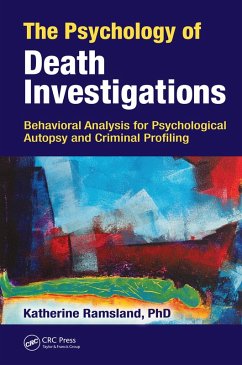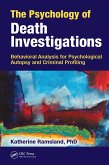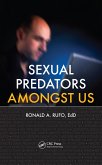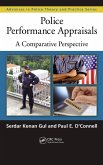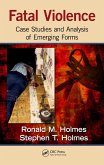In an estimated 10-20% of cases, the manner of death cannot be determined, or worse, has been erroneously categorized. Since many jurisdictions can't afford behavioral consultants, this book has been written to provide practical information for a basic psychological analysis. If the circumstances surrounding a death are equivocal, psychological consultants can compile information retrospectively about a deceased person's mental state and possible motive to assist with unravelling ambiguity about the manner of death. This is the primary function of a psychological autopsy, and, as such, this is the first book of its kind dedicated solely to the topic. In the event that the manner of death is determined to be a homicide, behavioral profiling can help to focus the potential pool of suspects.
Professionals and students alike will benefit from the exercise of cognitive awareness and the application of psychological logic presented. Psychologists, medical examiners, coroners, attorneys, fraud examiners, law enforcement personnel, death and homicide investigators, and students enrolled in criminal profiling, forensic psychology, and criminal justice programs will find this text to be a compelling and insightful reference to add to their professional toolkit.
Dieser Download kann aus rechtlichen Gründen nur mit Rechnungsadresse in A, B, BG, CY, CZ, D, DK, EW, E, FIN, F, GR, HR, H, IRL, I, LT, L, LR, M, NL, PL, P, R, S, SLO, SK ausgeliefert werden.

